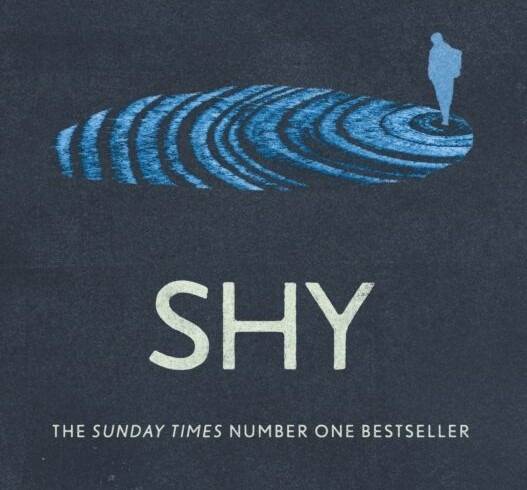
Justice on Trial (Bloomsbury) by Chris Daw
We should close the prisons. In fact, we should tear down the whole criminal justice system and build a humane one from scratch. This is the position not of a radical fringe figure but Chris Daw QC, one of the UK’s top criminal barristers. Having seen the system up close over more than two and a half decades, acting in murder cases and representing notorious criminals, Daw advances a programme of truly radical reform in his new book Justice on Trial. He writes with some authority. But is he correct?
The book certainly takes a no-nonsense approach. Daw is clear from the outset that his views “do not arise from some soft ‘liberal’ perspective”. He is “interested only in the hard facts as to what does and does not work in reducing crime, improving lives and, first and foremost, preventing as many people as possible from becoming victims”.
To make his case he tackles different (but related) aspects of the criminal justice complex. Among them is UK drugs policy, where prohibition has condemned too many vulnerable people to street crime and lives spent in and out of prison. But the really bold plank of his argument concerns the prison system itself. Daw visits facilities across the UK and US, interviews inmates and guards and reports on the appalling conditions inside. We are throwing more and more people in jail: the prison population in the States would form its fifth largest city. In the UK, less quick to lock people up, we may nonetheless soon pass 100,000 prisoners for the first time.
Yet locking more people away seems to do greater harm than good. After reminding us that countries which treat prisoners well often have lower recidivism rates, Daw goes even further, suggesting that we don’t need most of our prisons; a mixture of community support and varieties of house arrest would be sufficient for all but the most violent criminals. Today’s technology could provide “unlimited variation of restrictions and permissions so as to cater for each individual.” The worst offenders could be housed in higher security but comfortable facilities, with the aim of preserving their relationship to normal human life.
If adult inmates deserve better, the final part of the argument is that we have failed our children. The age of criminal responsibility in the UK is unusually low (10, far younger than in most European comparators and even Saudi Arabia). Allowances are made for kids in the criminal justice system but disorientating journeys to soulless institutions remain too common. The concern is practical as well as humanitarian, as the average juvenile inmate reoffends within a year of release.
Justice on Trial is a sweeping manifesto for change. There have been several popular books about the law published in recent months, including by the “Secret Barrister” and the long-time legal correspondent Joshua Rozenberg. Few are as provocative as this one.
The book is not without its flaws. While highly accessible, the flip side is that the language is a little prone to cliché. Daw’s greatest strength lies in his ability to draw compelling wider conclusions from his case studies. “With different beginnings, any one of us could have ended up in the dock of a criminal court, hearing a sentence of imprisonment being passed upon us,” he writes. “It benefits nobody to frame criminal justice policy through a flawed binary lens of good and evil. We need to be pragmatic, compassionate, and implement policies that actually work.” Whether you agree with all the policy prescriptions in the book or not, it is difficult to argue with that.
This article is from the New Humanist winter 2020 edition. Subscribe today.

